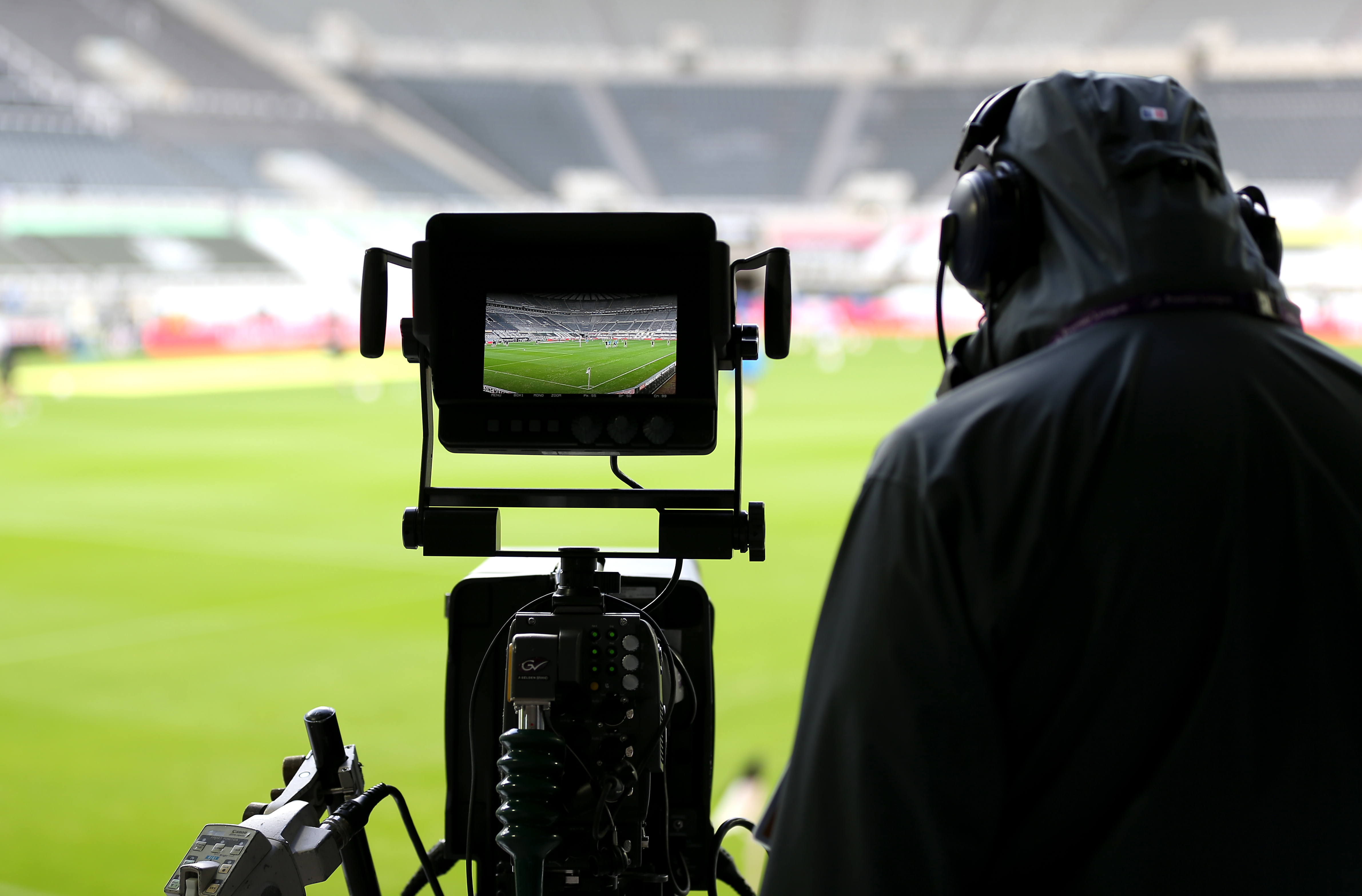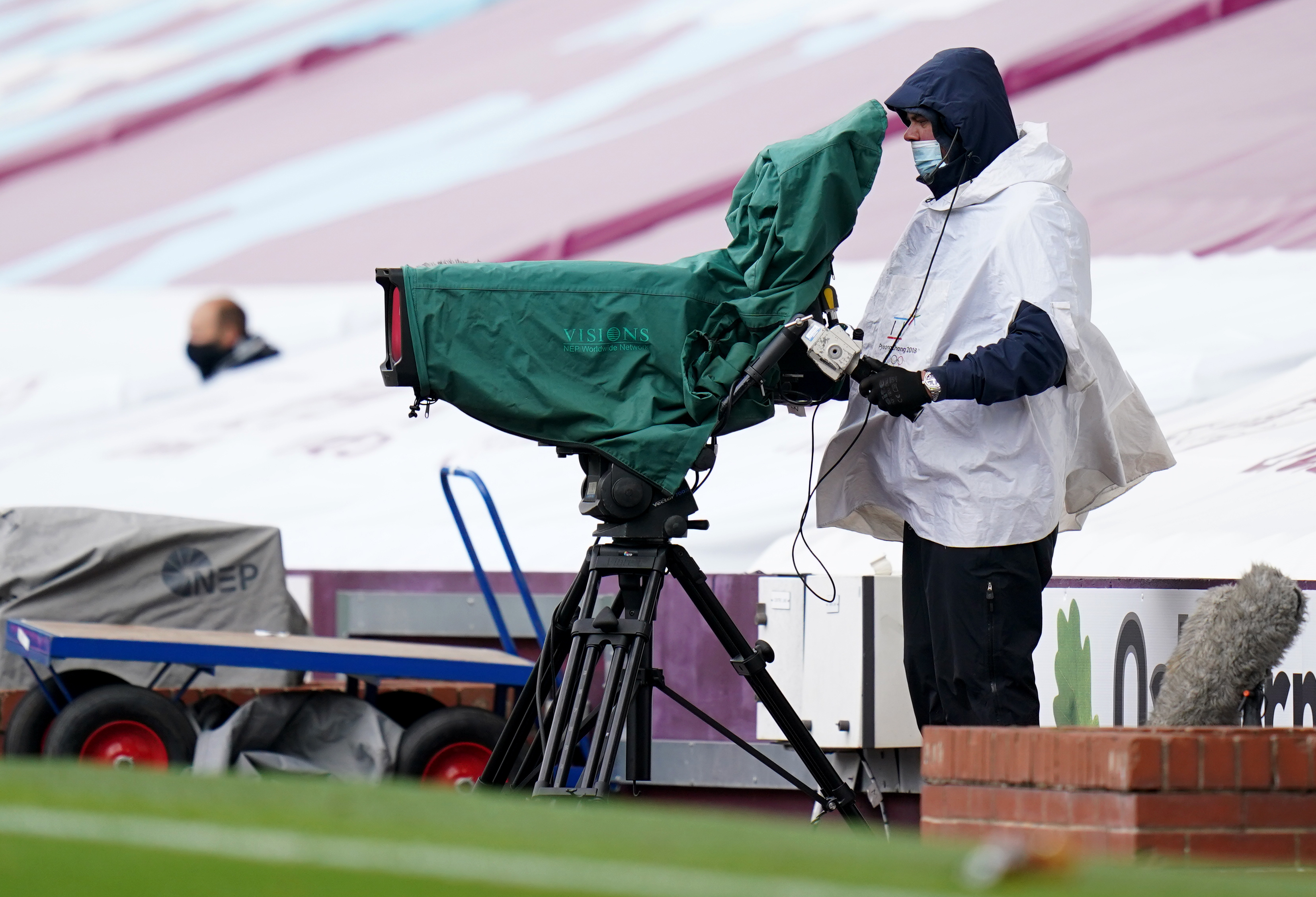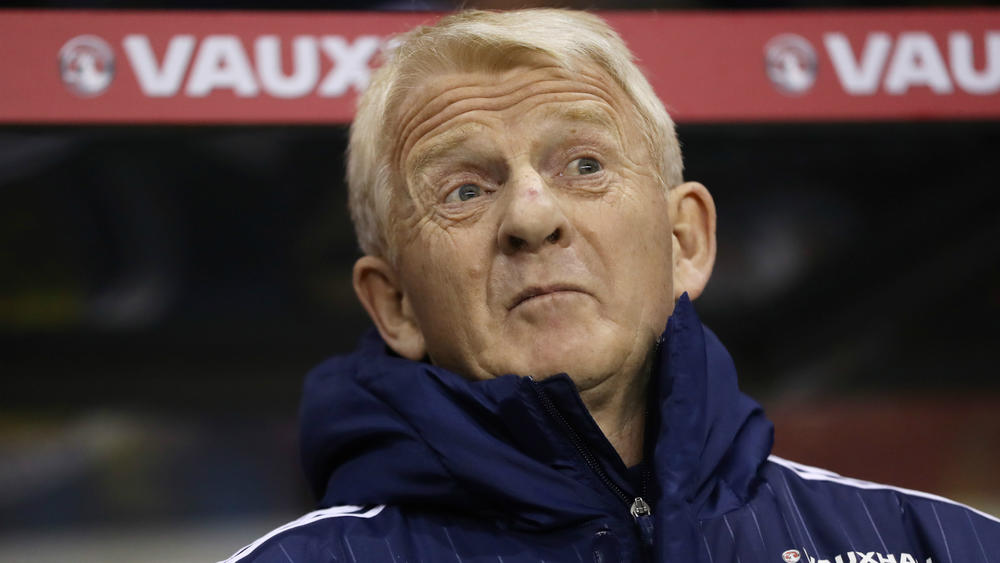Controversial Premier League pay-per-view model likely to end after this weekend

The Premier League’s controversial pay-per-view model is likely to be ditched after this weekend’s matches, the PA news agency understands.
It is understood the league is most likely to revert to the model which was in place at the start of the current season, where all matches were screened by one of the competition’s broadcast partners.
Further discussions must still take place with broadcast partners before plans can be confirmed, and pay-per-view is therefore not completely off the table.
The pay-per-view model was introduced for the games which followed the October international break, with fans needing to pay £14.95 to watch matches not selected for regular television broadcast in the UK.
The move drew immediate criticism from supporters who in many cases opted to give the money to charitable causes such as food banks instead.
PA understands any change would take effect from the round of matches on November 21, with a review of arrangements set to take place in mid-January.
The Premier League’s chief executive Richard Masters said last month the £14.95 price was “defensible”, while BT also defended it, saying it was only covering its costs in screening the matches.
The best features, fun and footballing quizzes, straight to your inbox every week.
The pay-per-view model came in at a time when the October 1 return of fans had been indefinitely delayed but when the English professional game continued to lobby Government to allow them back in.
Incredible effort – over £93,000 has so far been raised for @SFoodbanks#BoycottPPV#LIVSHU the boycott has been a great success but if people across the world still want to donate the link is still open here https://t.co/xj2O9qE28Ppic.twitter.com/fr8vAhvDgk— Spirit of Shankly (@spiritofshankly) October 24, 2020
The country faces different circumstances now, with a new national lockdown in place from Thursday until at least December 2.
The model Premier League clubs are understood to be edging towards after their shareholders’ meeting on Thursday would most closely resemble the arrangement which was in place when the 2020-21 season started in September.
All 28 matches in that month were shown live, with all broadcast partners – Sky Sports, BT Sport, the BBC and Amazon Prime – screening matches.
Of the 11 games that had not been selected for regular broadcast, six were shown on Sky, three on BT and one each on the BBC and Amazon.

If this model is adopted, it will represent a success for the Football Supporters’ Association, which had lobbied for the Premier League to reconsider the model owing to the changed circumstances in the country.
A spokesperson for the FSA said on Thursday: “Supporters made clear their revulsion at the £15 cost to see their teams on Sky and BT Sport’s pay-per-view platforms last month, an emotion running so deep that fan protests across the country even reached the ears of untouchable Premier League club owners.
“We await to see the detail of what the Premier League and its broadcasters will now offer supporters who remain locked out of grounds for the foreseeable future – they simply must come up with a solution that is affordable for all.”
One Premier League club told PA on Wednesday that they supported the PPV model, albeit with a reduced price of £10 per match.
The Premier League said in a statement: “Discussions with all stakeholders are ongoing and a broadcast solution will be announced in due course.”
The clubs also discussed an improved financial offer to the EFL, with the top-flight competition emphasising that its rescue package remained “on the table”.
The Premier League said in a statement after Thursday’s meeting: “The offer guarantees no EFL club need go out of business as a result of the pandemic in the 2020/21 season, and our intention is to play an active role in helping clubs return to financial stability. The Premier League will engage directly with any EFL club that is suffering severe financial losses due to the pandemic, and will remain in dialogue with the EFL on this important issue.”
At today's Premier League Shareholders' meeting, clubs reiterated that the rescue package offered to the EFL remains on the table for Championship, League One and League Two clubs who are suffering significant COVID-19-related hardship— Premier League Communications (@PLComms) November 5, 2020
EFL board member Steve Curwood said on Wednesday that he and his fellow directors would consider the new offer – which he said was a £30million emergency loan facility for Championship clubs – at a board meeting on Thursday.
That followed an initial £50million offer from the Premier League which the EFL rejected. Curwood said that even adding in the new money, it still “barely touched the sides” of what was needed.
EFL chairman Rick Parry has repeatedly stated that clubs need £250million to cover matchday revenue shortfalls from last season and this term.
It is understood clubs also received an update on talks between the Premier League and the Football Association on overseas player numbers post-Brexit.
They were told talks were progressing well, but no definite position has been reached.
The FA’s position had been to reduce the number of non-homegrown players in a squad from 17 to 13.
Leeds director of football Victor Orta said on Thursday he felt the existing system was the best one, and that young English talent would flourish by playing with the highest-quality players from overseas.
“What is better, the quantity or the quality?” he said.
“When the high level of the league gives quality, a lot of English players develop. That helped with Spain. What was the reason Spain won the World Cup? Because a lot of young talent developed abroad and improved its level.
“In other countries like Russia where I worked, they reduced the number of work permits – what has happened with the national team? It is better with the quality.
“We have the responsibility to improve the quality of players, we have invested in our youth facilities but we need to be careful not to take decisions which could be worse for the future. Please don’t use a political situation to say it improves things, because it’s going to be worse in my opinion.”
 Join The Club
Join The Club





